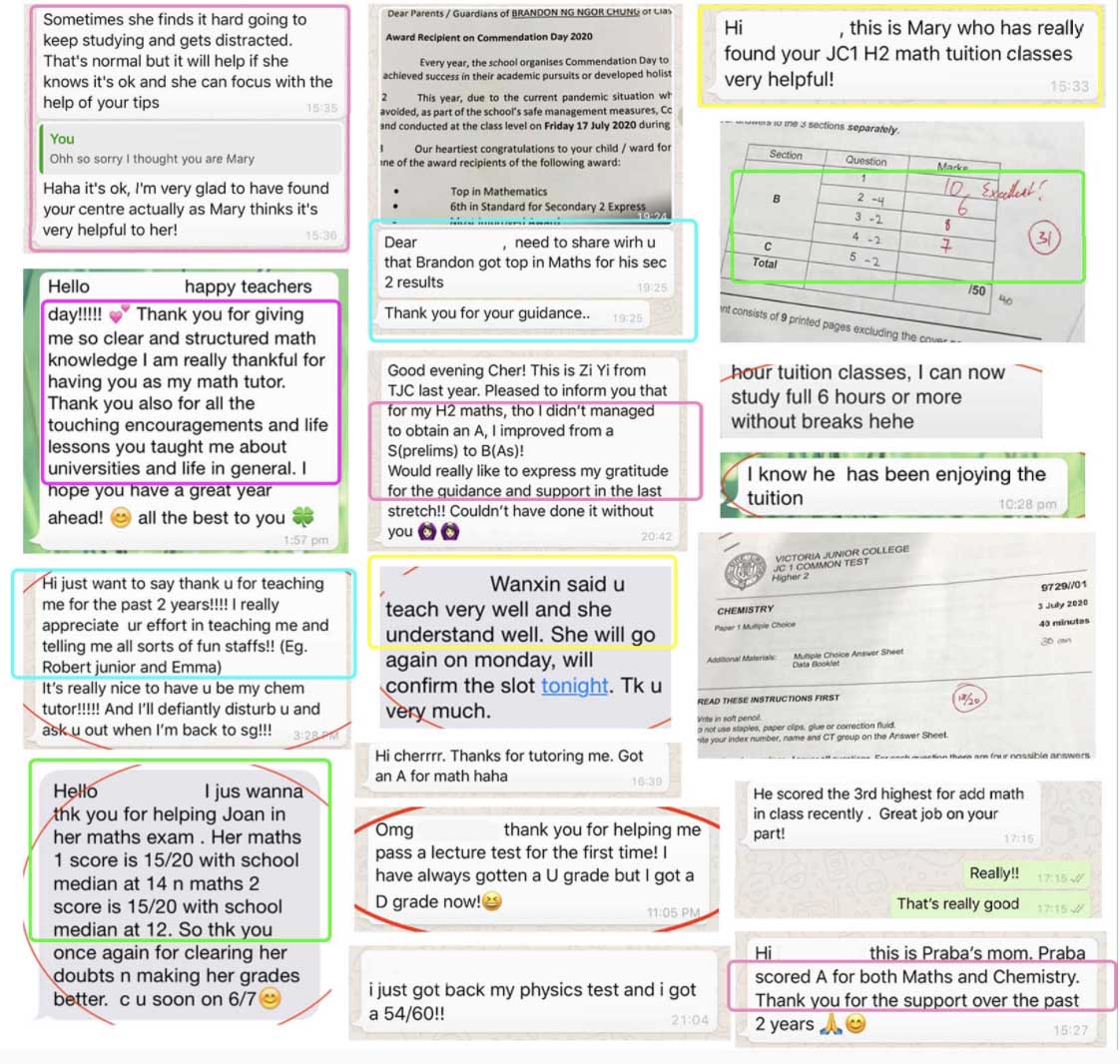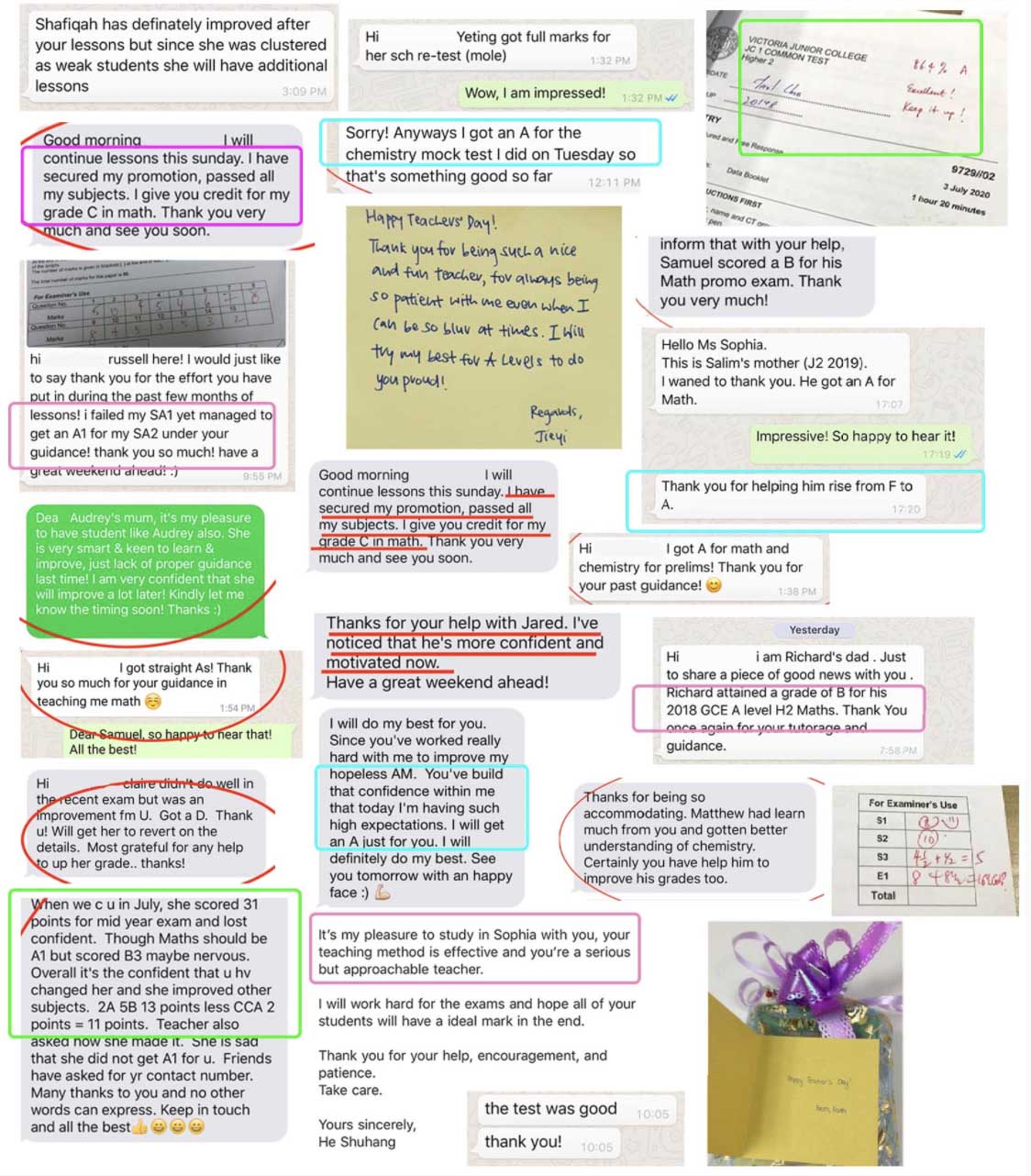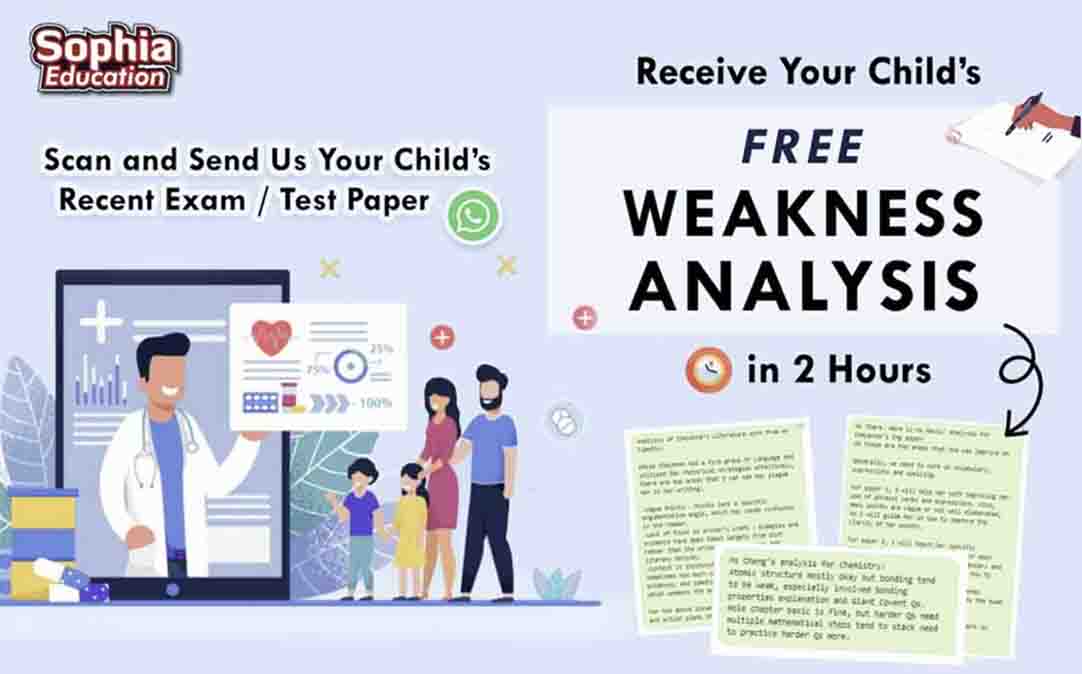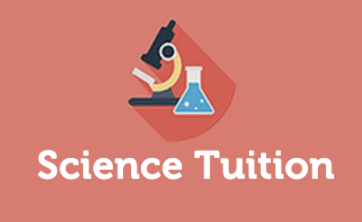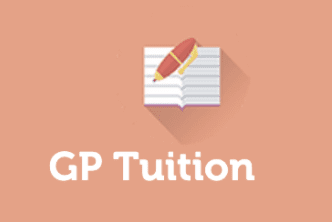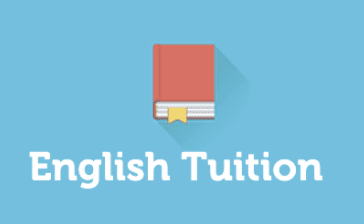
GP tuition, GP tuition Singapore, GP tuition in Singapore
Sophia GP Tuition offers expert guidance for students up to H1 & A level GP tuition Singapore. Improve your grades with a former JC & NIE lecturer GP tuition in Singapore!
1000+ Good Reviews from Parents & Students

14 days Money-Back Guarantee
(1st Lesson Unsatisfaction Policy)
13+ Years of Experience (2012)



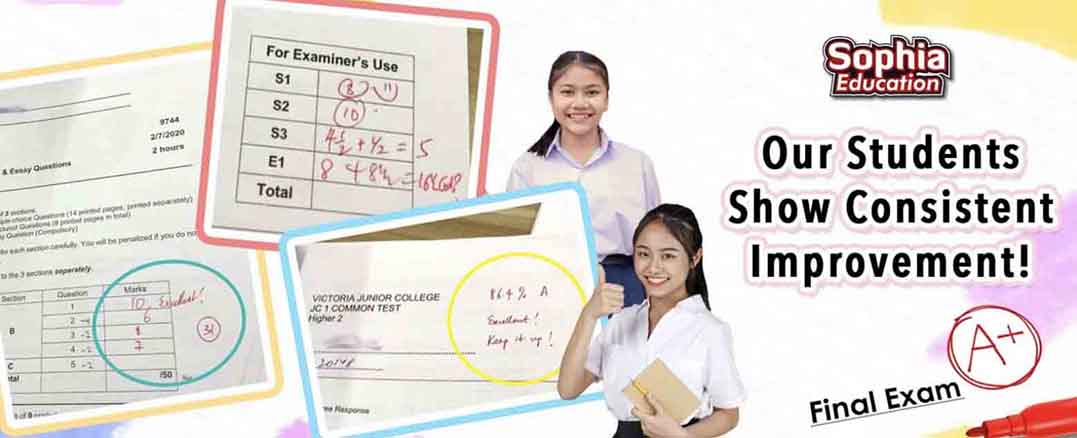

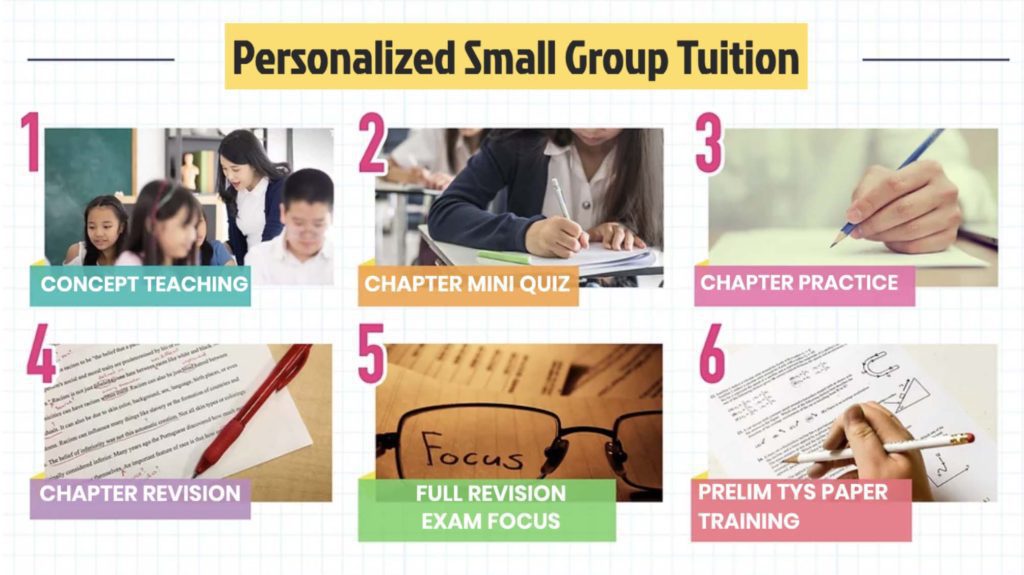
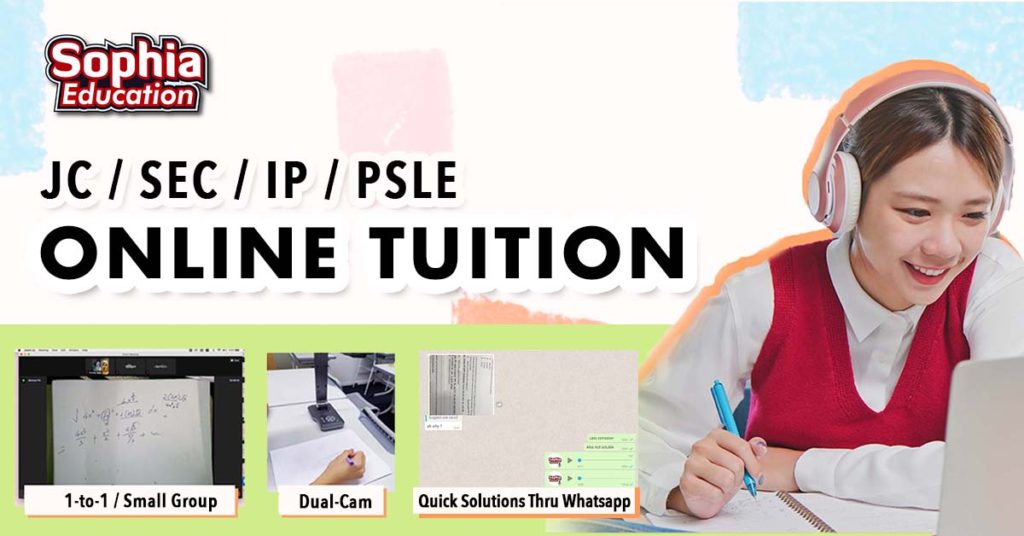
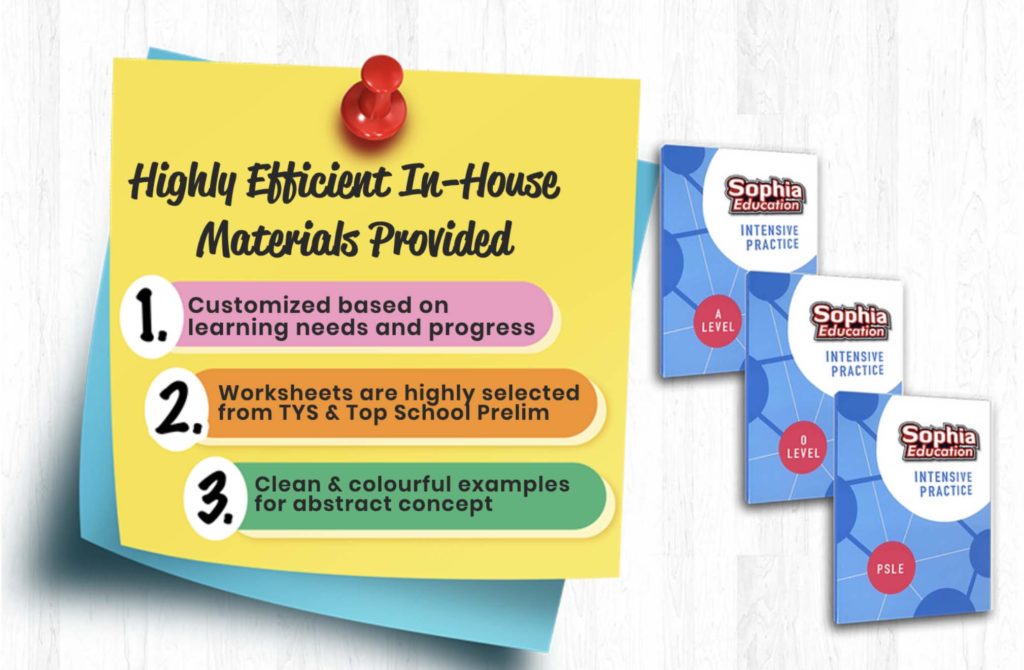






Hi Ms. Cheng this is Praba’s mom, Praba scored A for both maths and Chemistry. Thank you for the support over the past 2 years


GP tuition, GP tuition Singapore, GP tuition in Singapore
Sophia GP Tuition offers expert guidance for students up to H1 & A level GP tuition Singapore. Improve your grades with a former JC & NIE lecturer GP tuition in Singapore!
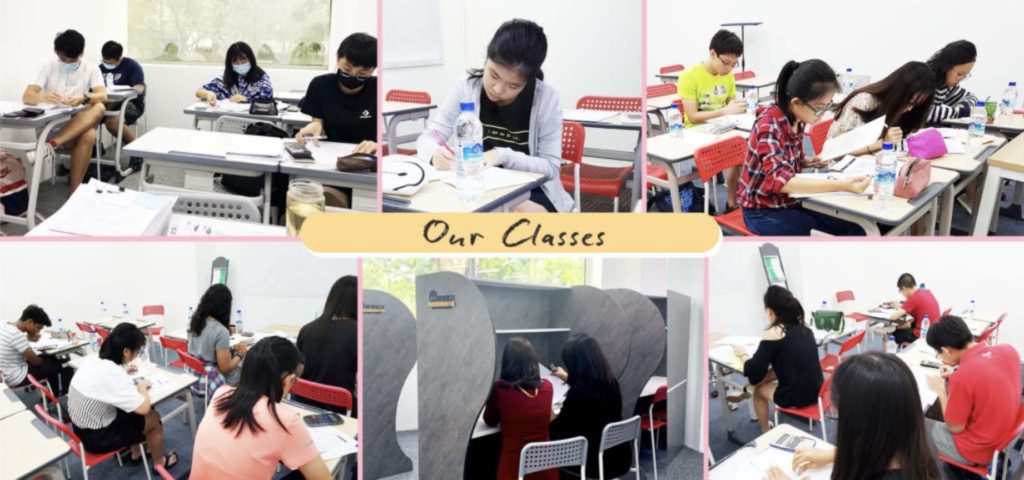

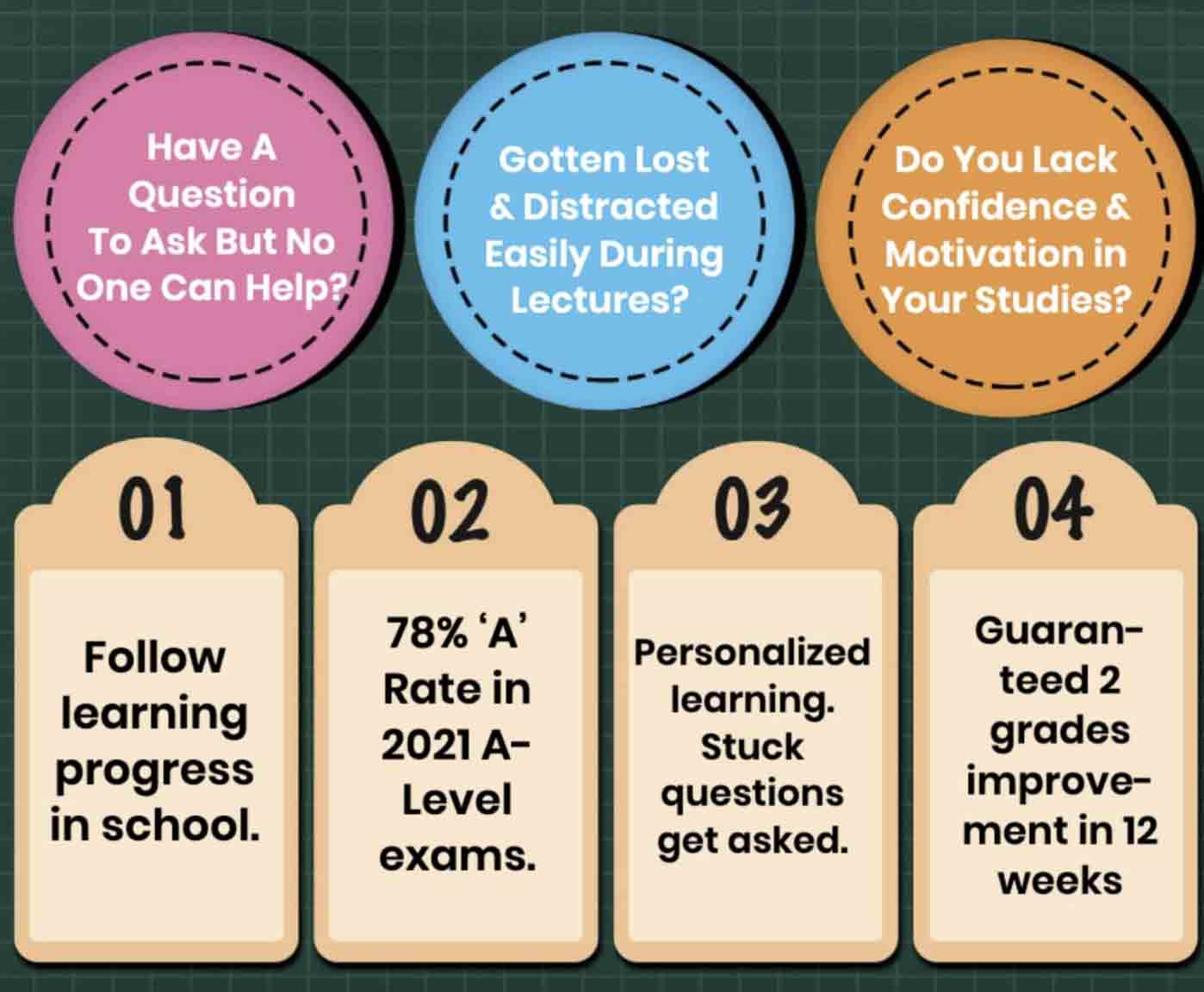


Tuition Offer 360 Degree Study Support!
Sophia Education
Offers 24-7 WhatsApp Support
WhatsApp Your Tutor If Your Have Any Study/Homework Questions or WhatsApp our Admin if you have Questions Regarding your Lesson


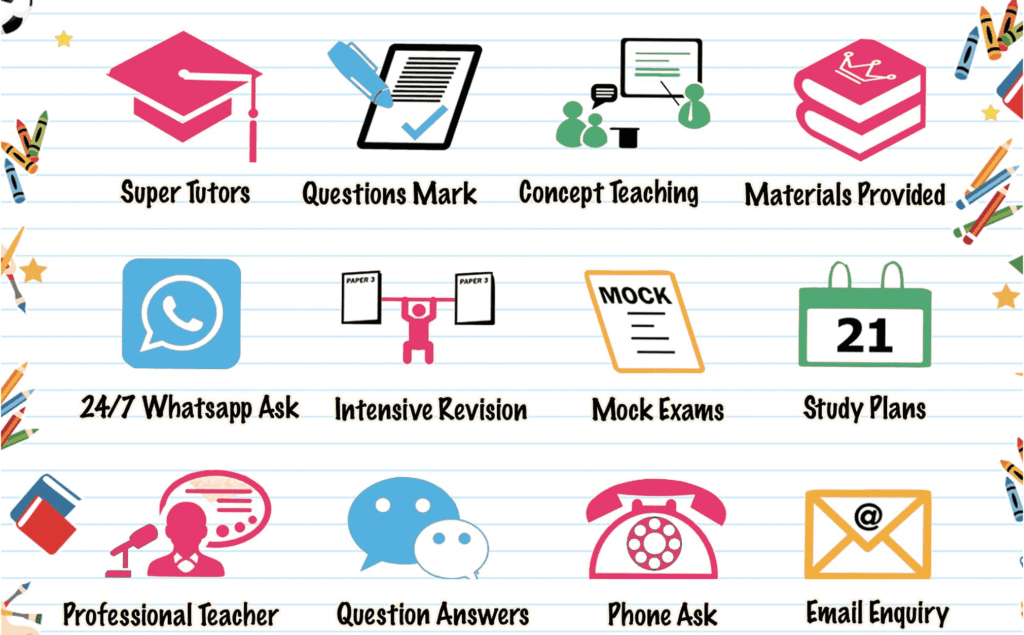
Refund Flexibility and Policy
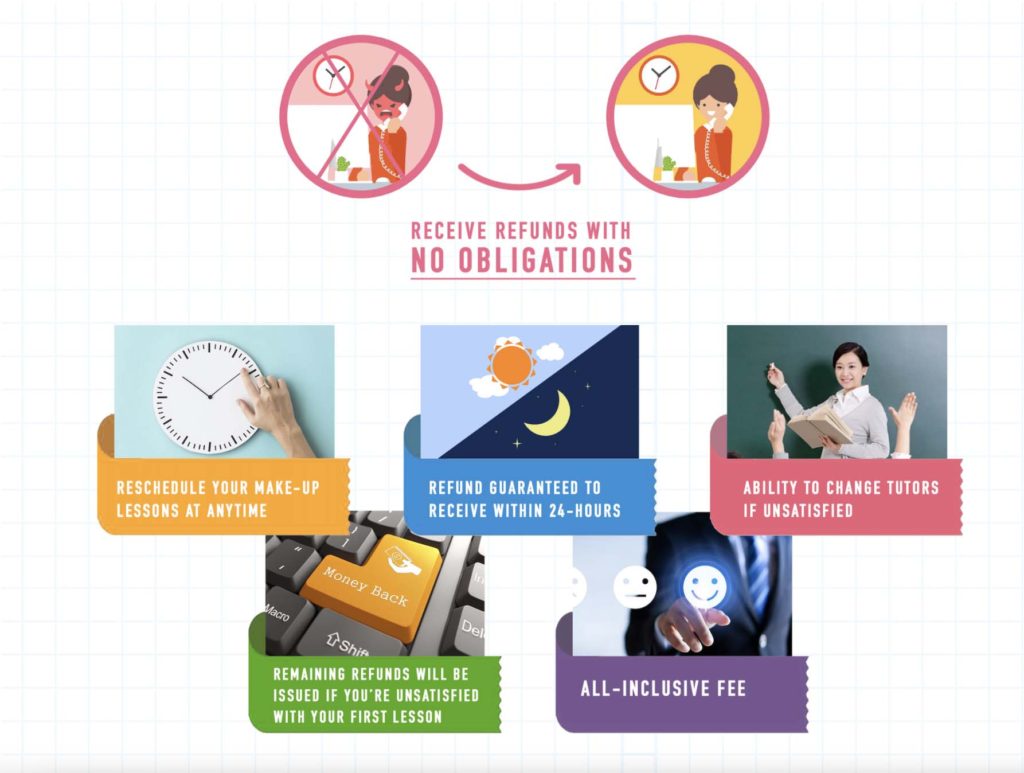
GP tuition, GP tuition Singapore, GP tuition in Singapore
Sophia GP Tuition offers expert guidance for students up to H1 & A level GP tuition Singapore. Improve your grades with a former JC & NIE lecturer GP tuition in Singapore!
Study Articles
Want to equip with most effective study strategies and advices?
Improve your learning experience with more than 100 articles and advices by top tutors.
Get top study and exam Insignts/ Advices from our super tutors.
Delivered to you weekly, straight to your inbox

Sign Up Process
Contact / Find Us
- #02-09/10/11 Singapore Shopping Center, 190 Clemenceau Ave Singapore 239924
- admin@sophiaeducation.sg
How To Excel in A-Level General Paper? - Ex JC lecturer’s secret advices
Forget O-Level English, A-Level General Paper (GP) is a whole different ball game. Not only does GP demand a stronger command of the English language, it also puts your critical thinking and general knowledge (current affairs, societal trends etc.) to the test. Many students therefore find GP one of the most overwhelming and daunting subjects to excel in- even with help from GP tuition.
While getting A for GP is an elusive endeavour, it’s not an impossible goal. Here are some tips to get you your dream grade.
The Exam Format
The assessment is broken down into two papers: Paper 1 and Paper 2.
Paper 1, the Essay Writing component requires students to write a 500-800 word essay-response. This constitutes 50% of the total grade.
Paper 2 tests on Comprehension, where students are to analyse 1-2 passages. This paper is separated into 3 separate sections.
Section A tests students’ through different questions based on their understanding of the passage(s), and Section B is the Summary where students have to paraphrase the passages’ key points. Section C is the Application Question, where students are tasked to write a mini-essay response to an issue and relate it to their society. This paper makes up the remaining 50%
Invest int 2-3 Topics that Interest You
Having good content-knowledge is extremely important when writing your essays as you’ll need sufficient knowledge to even engage with the question, and also provide examples to back up your claims.
The thing is, however, you don’t need to know everything about every topic. Essay questions differ every year, but they always revolve around the same few themes:
Arts & Culture
Science & Technology
Media & Information
Politics
Environment
Individual/Values
General
The most economical thing you can do is to consistently read and research on 2-3 topics that particularly interest you, and focus on writing essays related to them. Studying issues you’re passionate about also makes the subject a lot more engaging, and gives you a better shot at scoring well.
But, Also Know About Your Society’s Affairs
You, however, also need to be well-informed on the current affairs in your society. This is especially important for the Application Question in Paper 2 where you’ll be required to provide a short essay-response to the paper’s given topic.
Take 30 minutes out of your evening to watch the daily news, download your local news app on your phone, or have conversations with your peers about recent events- this will help fill up your arsenal of knowledge, and train you to engage critically with information. Sophia Education’s GP tuition classes often provide a good platform for such conversations, do consider joining us!
Always Plan Out Your Essays
With only 1 hour and 30 minutes per paper, it feels like you’re racing against time. You might want to jump right in, jotting down the first thing that comes to mind.
Taking 10 minutes to plan, however, can actually expedite your writing process, as you become less likely to panic mid-way through as you rack your brains for the next point to write. Planning also gives your essay a clear and proper flow- a key criteria for a solid essay.
To plan, highlight keywords in the question and draw up a quick skeleton of your essay: write down your topic sentences for each paragraph, and include 1-2 lines of elaboration and examples.
List Down The Different Question Types
This is particularly so for the first section of Paper 2, where you’ll find that every question can be categorised into different question-types. Some of the question-types include language-style questions, irony/paradox/contradiction questions, final-line effectiveness questions, punctuation symbols’ questions, and many many more.
For each question-type, there is actually a specific structure you can memorise to approach the different questions. I have found, however, JC teachers often tend to gloss over this due to the jam packed timetables of their students. In our GP tuition classes, however, we readily prepare you for any and all of the possible questions.
Expand your vocabulary bank
Note that a substantial part of your grade is attributed to your language use (20 marks in Paper 1, 15 marks in Paper 2). One way you can bump up your marks in this component is by using more sophisticated language. Afterall, having good vocabulary is a solid indication of your ability in the language.
You can start by reading books or sample essays, and noting down new words in a ‘Vocabulary bank’. Consistently fill up this bank, and practice using these words in your daily life and especially in your essays.
Practise Frequently
If you really want to nab that A for GP, practise is key. Rome wasn’t built in a day and being a good writer requires a lot of practice. Try and go about writing an essay every 1-2 weeks so you can really get into the groove of writing, as well as receive as much feedback as you can from your school and tuition teachers. Timing yourself during these practices will also train you to think and write quickly during the actual timed exams.
If you’re really pressed for time, however, you can also practice by writing up essay skeletons that can be done in a quick 10 mins. You can then proceed to develop a full paragraph from one of your points. Doing a little bit of practice is much better than none at all.



